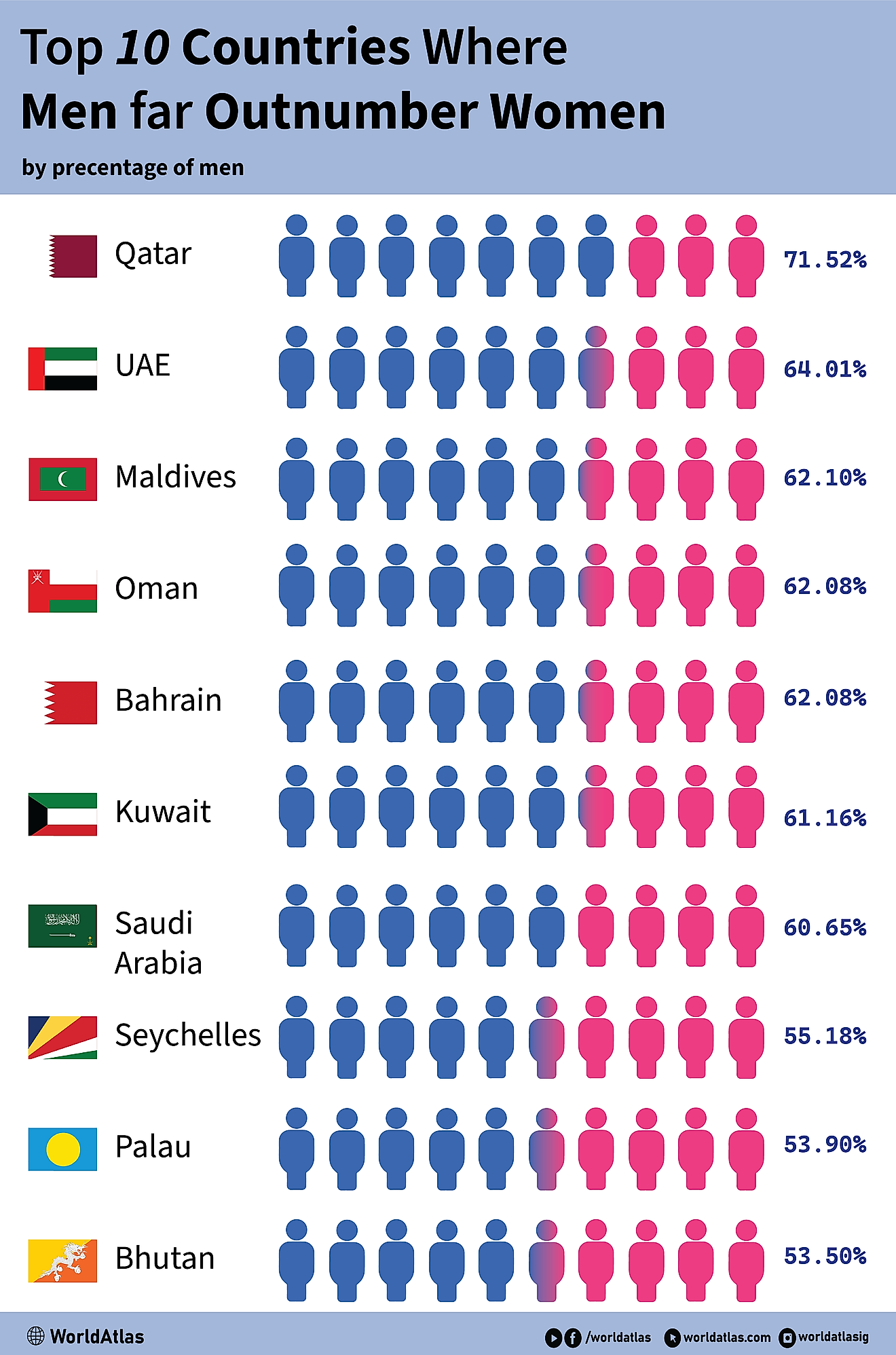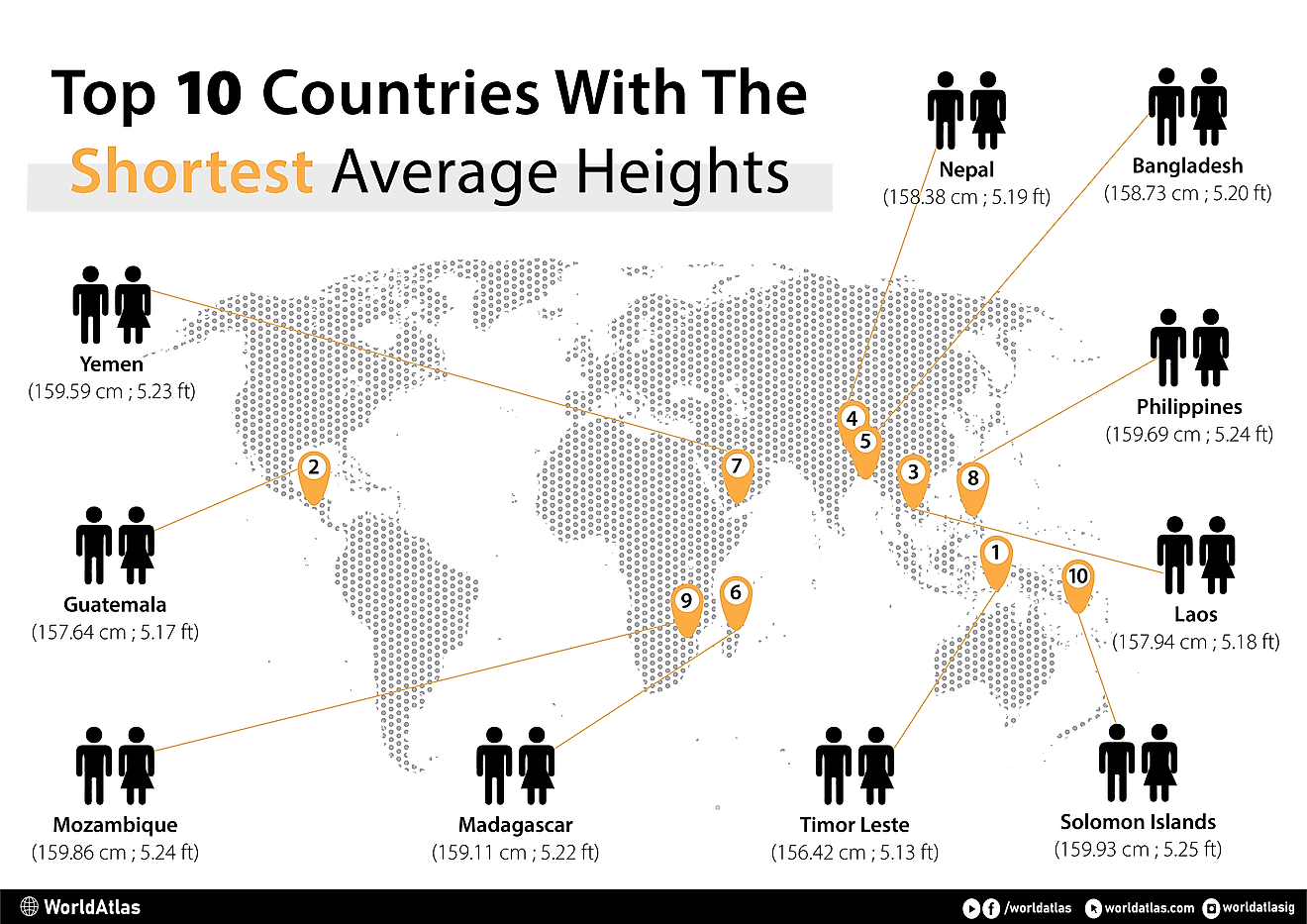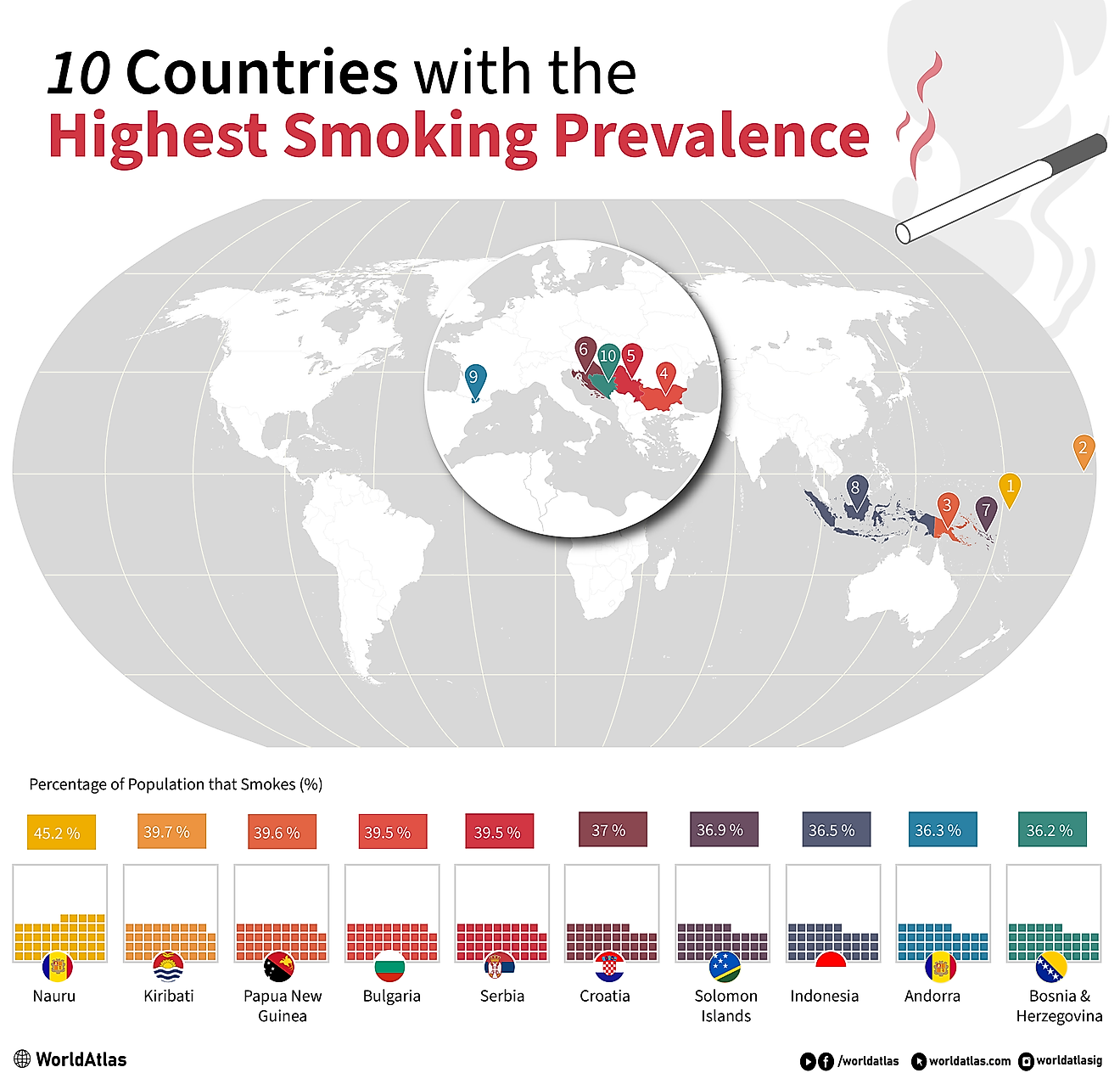Where is Transnistria?

Where Is Transnistria?
Transnistria is a partially-recognized state located on the border of Ukraine and the river of Dniester. It is not recognized by then United Nations, who considers it to be a part of the country of Moldova.
Transnistria, which is also known as the Prednestrovian Moldavian Republic, is under the leadership of President Vadim Krasnoselsky. Its capital city is Tiraspol. It proclaimed its independence on September 2, 1990.
In 1992, Transnistria experienced a war that prevailed from March to July. The war was due to USSR dissolution between the Transnistrian territory and Moldova. The dissolution resulted in tension which led to a military conflict. The war ended after an agreement between Transnistria, Russia, and Moldova.
Governance Of Transnistria
The Prednestrovian Moldavian Republic is under the Legislature of the Supreme council, which has 43 members.The presidency runs on popular voting and goes for a five-year term. Renewal movement has the majority of people in parliament. Transnistria's military has over 7, 500 soldiers that are divided into Bender, Ribnita, Dubasari and Tiraspol.
Russian Military In Transnistria
Russian military began their stay in Transnistria after the agreement of the cease-fire with Moldova, 1200 members of the Russian military began the peace-keeping mission. They later withdrew their operations in 2015 after the parliament of Ukraine passed the law that agreed to the termination of the five agreements that involved Russia.
Religion Of Transnistria
Transnistria's preferred religion is Eastern Orthodox Christianity. There also exists a small Roman Catholic minority, particularly in the northern region of the country. The government of Transnistria believes in freedom of religion. It has given a go-ahead to the building of new churches and has officially registered almost 114 different beliefs.
Transnistria’s Economy
This country operates on a mixed economy that is as a result of large-scale process privatization that began in the 1990s. Transnistria’s economy works on the lines of textile production, steel production and the production of electricity that results to 80% output of the industry. Most companies in the country are privately owned. It has a bank of its own known as the Central Bank that deals in Transnistrian currencies. Ruble is the name of currency found in Transnistria. The Transnistrian economy can be described as a dependent one.
Media Production In Transnistria
Just as other forms of media from many other countries, Transnistria has radio stations, television and newspaper corporations. The media platforms are controlled by the Transnistria authorities.
Subdivisions Of Transnistria
Transnistria has one municipality and five other districts that are equally subdivided. The divisions are Slobozia district, Dubasari district, Grigoriopol district, Camenca District, and Ribnita district. It also has two cities; the City of Tiraspol and the City of Bender. Transnistria is under the control of Pridnestrovian Moldavian Republic authorities and the Moldovian authorities.
Education System
Education in Transnistria is done in the Moldovan language, which is often considered a dialect of Romanian. The Moldovan Cyrillic Alphabet is the system used to teach in schools.











